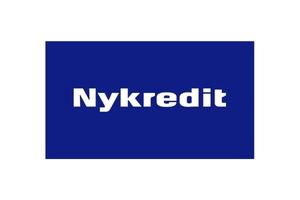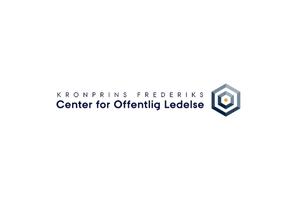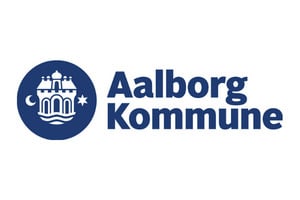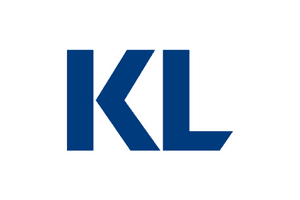Generational leadership: Remember the local context
Generational leadership is sometimes criticized for being built on too many all-encompassing generalities. It's a harsh criticism, because there's certainly a lot of good to be found in generational leadership.
The generational perspective is not a normative truth, but a socially constructed phenomenon. We use it to understand why we experience differences in our colleagues' behavior across age groups. However, it's important to complement the overall generational characteristics with the local context of your organization and the challenges and opportunities you face. We can help you make this connection to your organization and local context.
Generational leadership cannot stand alone, but supplemented with local leadership, the generational perspective can create meaning, strengthen understanding, facilitate communication and enhance collaboration.








